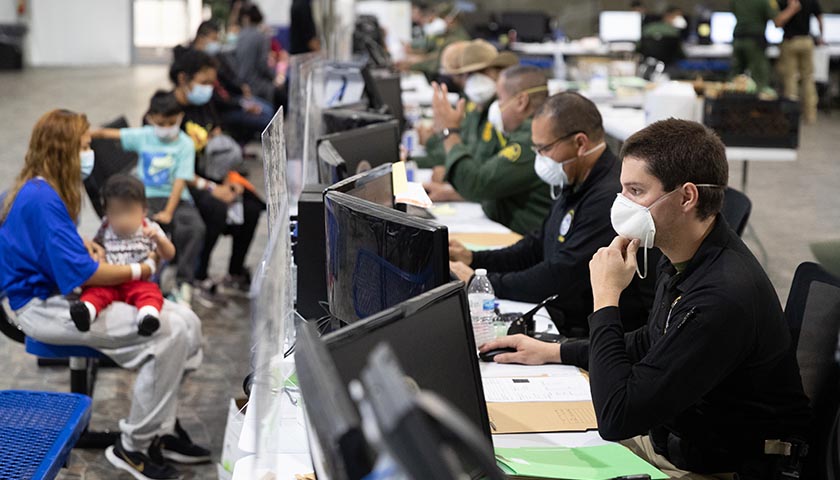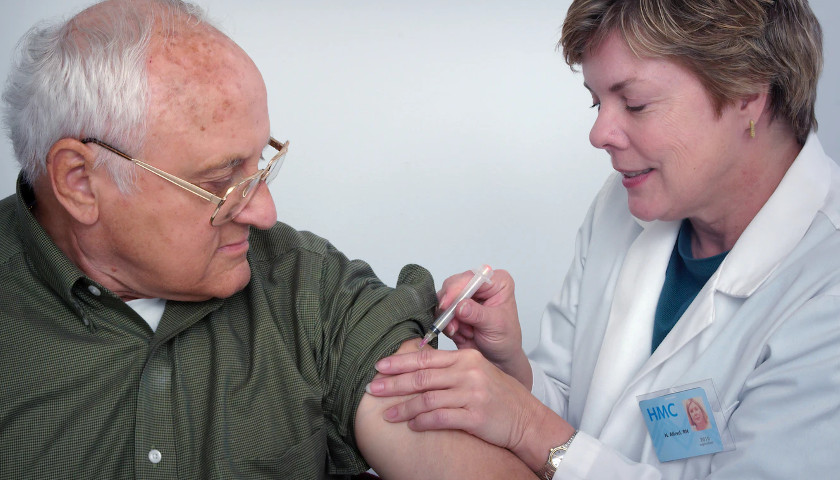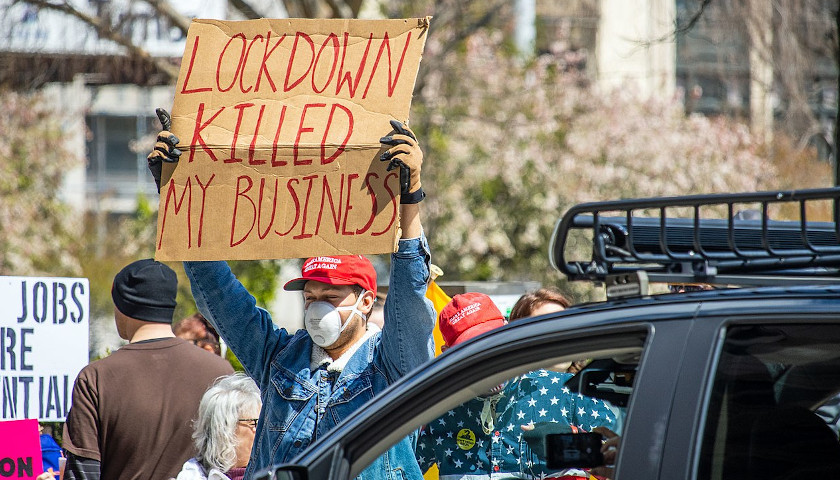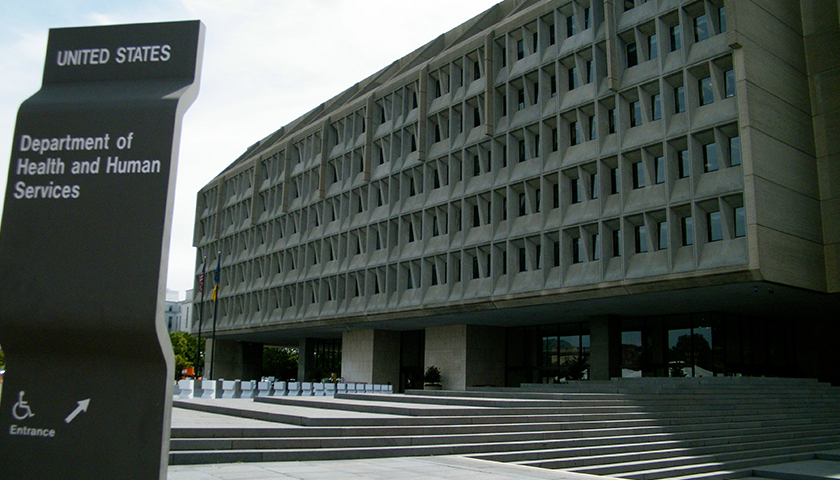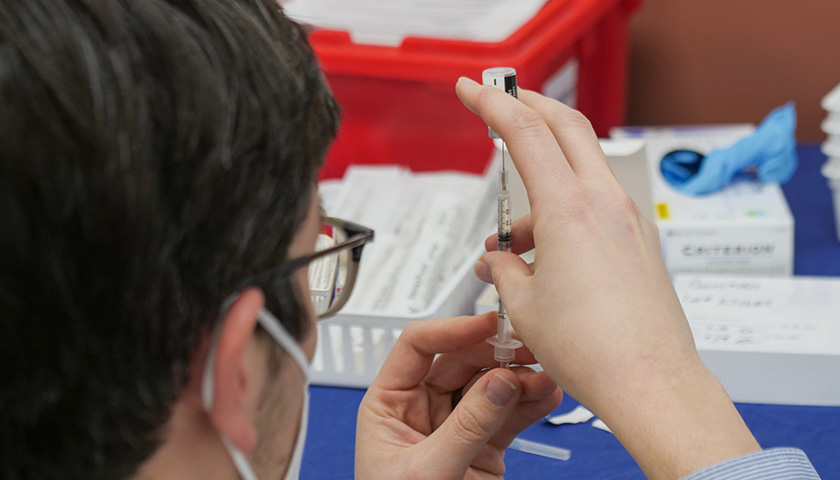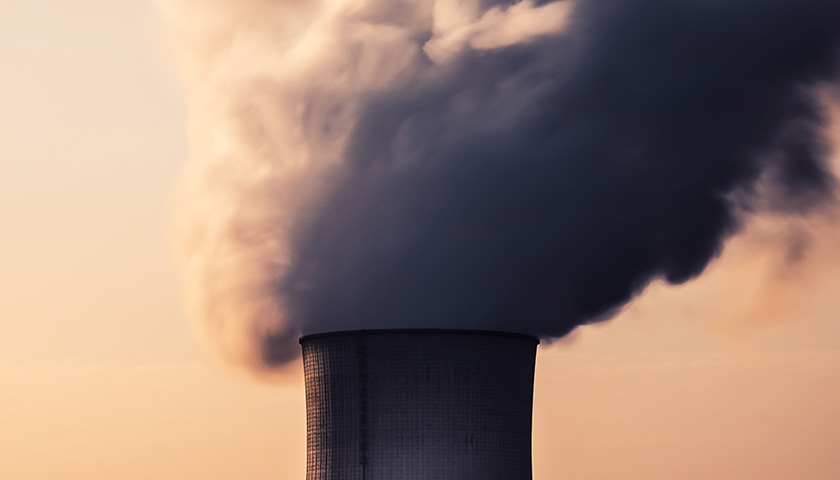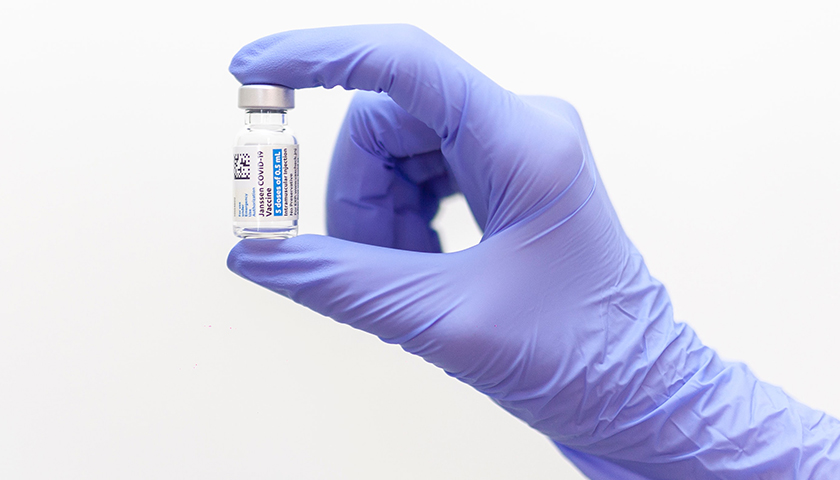The Biden administration solicited information that could help form a National Case Management Program to track up to 100,000 migrants released into the U.S. annually, documents uploaded Monday show.
Immigration and Customs Enforcement (ICE) would manage the program aimed at migrant adults aged 18 to 21 and other “vulnerable populations” to make sure the migrants are safe and prepared to attend their immigration court hearings, documents show. The request is solely for information gathering and does not mean the federal government will contract with any company that responds.
The program would “ensure that the program participants are safe, stable, and able to prepare for and attend their upcoming court dates and other immigration obligations and have access to legal and other services as needed while in the community,” according to the documents.
Read More
